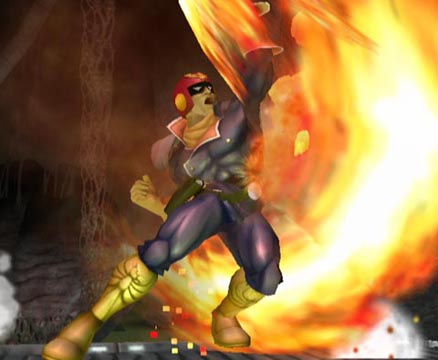Spatial orientation is crucial when we try to navigate the world around us. It is a fundamental domain of human experience and depends on a wide array of cognitive capacities and integrated neural subsystems. What is most important for spatial cognition however, are the frames of references we use to locate and classify ourselves, others, objects, and events.
Often, we define a landmark (say ourselves, or a tree, or the telly) and then define an object’s location in relation to this landmark (the mouse is to my right, the bike lies left of the tree, my keys have fallen behind the telly). But as it turns out, many languages are not able to express a coordinate system with the meaning of the English expression “left of.” Instead, they employ a compass-like system of orientation.
 They do not use a relative frame of reference, like in the English “the cat is behind the truck” but instead use an absolute frame of reference that can be illustrated in English by sentences such as “the cat is north of the truck.” (Levinson 2003: 3). This may seem exotic for us, but for many languages it is the dominant – although often not the only – way of locating things in space.
They do not use a relative frame of reference, like in the English “the cat is behind the truck” but instead use an absolute frame of reference that can be illustrated in English by sentences such as “the cat is north of the truck.” (Levinson 2003: 3). This may seem exotic for us, but for many languages it is the dominant – although often not the only – way of locating things in space.
What cognitive consequences follow from this?
Continue reading “Language, Thought, and Space (II): Universals and Variation”

